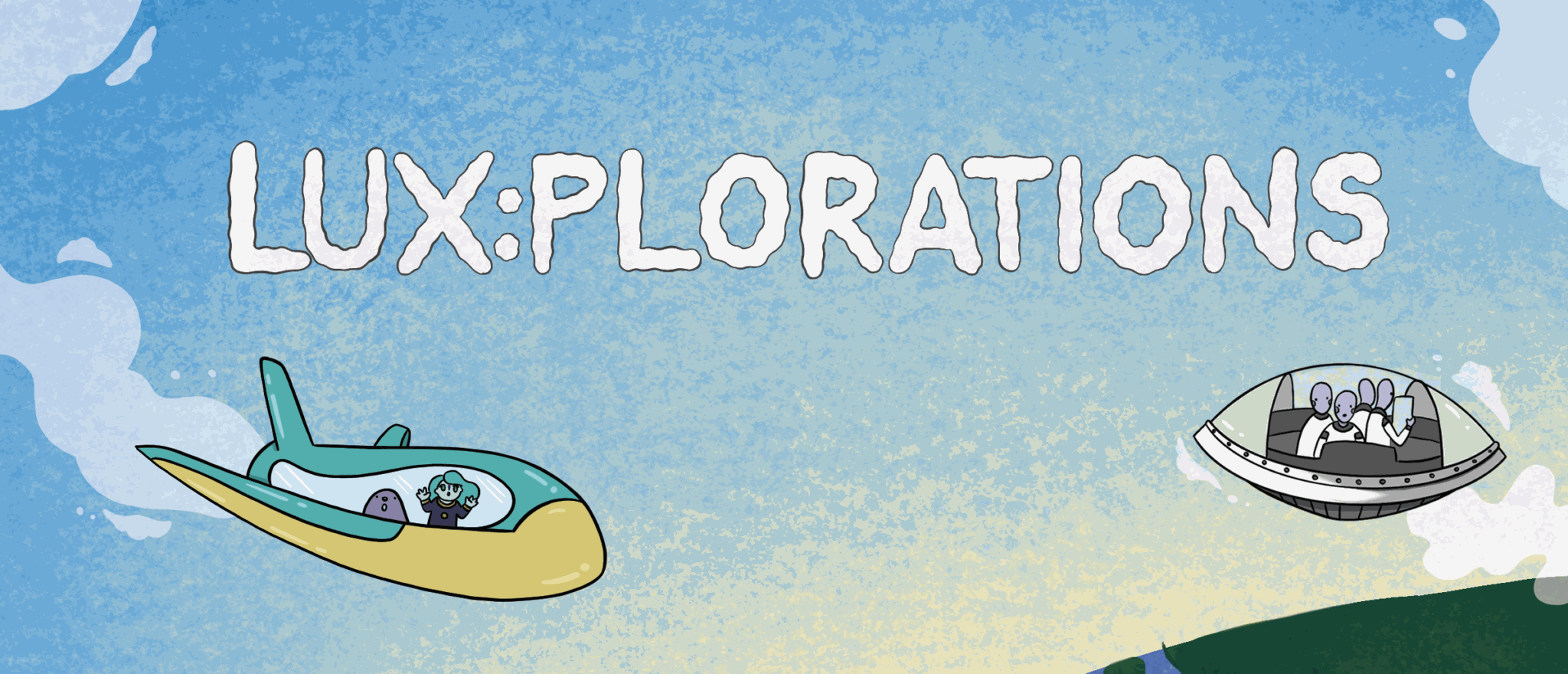9 March 2021
4 min read
LUX:plorations comics: explaining science through art!
Several PhD candidates from the LIH Departments of Infection and Immunity (DII), Population Health (DoPH) and Oncology (DONC) contributed to “LUX:plorations”, an innovative series of catchy cartoons promoted by the Doctoral Education in Science Communication (DESCOM) project of the University of Luxembourg. The aim of the initiative? Explaining science and research to the lay public in a colourful and artistic way!
Over 20 doctoral candidates from Luxembourg’s research institutes, seven of whom from LIH, took on a new challenge, this time outside their lab. Namely, they embarked on a journey at the interface of science, creativity and art by participating in an original science communication initiative of the University of Luxembourg: the creation of a series of eight short research-related stories for the lay public illustrated through catchy cartoons. The “LUX:plorations” comics combine art and science, bringing together local artists and scientists to promote the high-quality research carried out in Luxembourg.
Specifically, Bente Janssen and Julia Klüber, PhD candidates within the Molecular and Translational Allergology research group of DII, took this opportunity to present their own work on respiratory and food allergies. Through a two-page comic titled “A Furry Tale”, the two researchers sought to explain in a fun, entertaining and reliable way what allergies are, how they are linked to an overreaction of the immune system and why they represent a current public health burden in modern society. Their cartoon features “Félicette”, the first cat in space, and her cat-allergic extra-terrestrial friends. “At DII, we are exploring the complex mechanisms responsible for triggering allergic reactions to a variety of common allergens, from meat and fish…to cats!”, say Bente and Julia.
Similarly, Anouk Ewen and Shubhra Acharya, PhD candidates within the Experimental and Molecular Immunology group at DII and the Cardiovascular Research Unit at DoPH, respectively, gave life to “Microglia: Guardians of the Brain?”. This comic explores the role of microglia − specific phagocytic cells of the central nervous system that act as the first and main line of immune defence − in keeping the brain healthy, as well as in maintaining the mechanisms that lead to neurodegeneration in diseases such as Alzheimer’s. “This is a clear instance of transversal research, since we are looking at the functioning of immune cells to explain neurodegenerative disorders”, explain Anouk and Shubhra.
Lynn Bonetti and Catherine Delbrouck, doctoral candidates within the Experimental and Molecular Immunology group and the Cancer Metabolism Group at DONC, respectively, produced “A Gut Feeling”. The cartoon introduces the role of the gut microbiome, i.e. the community of microorganisms naturally present in the gastrointestinal tract, in keeping the gut healthy, as well as the importance of a balanced diet in preserving this equilibrium.
Finally, Eleftheria Charalambous, PhD student within the Immune Endocrine and Epigenetics group at DII, teamed up with a multidisciplinary team of candidates from different research institutions in Luxembourg to develop “Becoming an Agent of Change”. The comic aims to inspire and encourage the younger generation and especially young girls to engage with science and choose a STEM career path. “Women account for the minority of the world’s researchers while representing 70% of the world’s poor. It’s time for a change. Let’s start by raising our female academic voices!”, say Eleftheria and her team.
“Scientists are often perceived as serious and unapproachable, even a little intimidating. This could not be further from the truth! Through the LUX:plorations comics, we wanted to show that we are creative, passionate and artistic in our own way, and that science truly is for everyone. Ultimately, our goal is to tangibly improve people’s health and lives in general, so it is important for us to be able to communicate this to the public in clear and comprehensible terms”, add the PhD candidates.
Indeed, aside from carrying out complex research in high-security labs, LIH scientists are also there to inspire the younger generations and pique their interest in the fascinating world of biomedical sciences. One of the missions of LIH in general is to find approachable and understandable ways of communicating its activities to lay audiences, making complex topics more easily understandable and therefore raising awareness on Luxembourg’s research efforts.
“LUX:plorations” was supported by the Doctoral School in Science and Engineering (DSSE) from the University of Luxembourg and developed under the lead of the Doctoral Education in Science Communication (DESCOM) project of the University of Luxembourg, financed by the Luxembourg National Research Fund (FNR).
The comics are available on the dedicated webpage.

